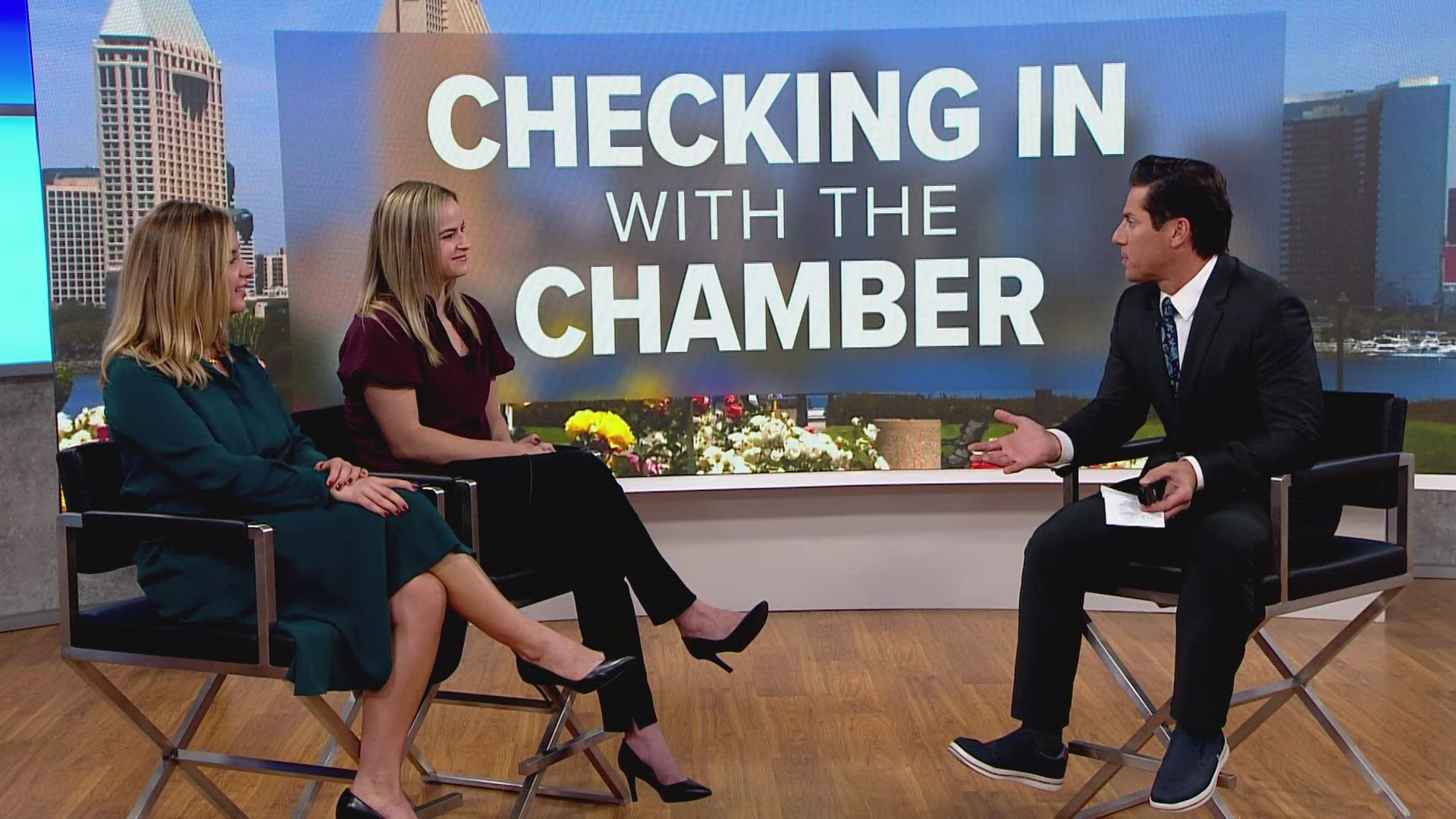SAN DIEGO (CNS) - New limits on financial contributions by political parties to candidates for San Diego's ostensibly nonpartisan municipal offices were proposed Wednesday to the City Council's Rules Committee.
The plan drawn up by the city's Ethics Committee stems from a federal court ruling that struck down San Diego's old ban on donations from political parties. A temporary $1,000 ceiling was later rescinded by the judge in the case, so there are no limitations on such giving in the current election year.
The commission proposed a limit of $12,000 per election for citywide races, and $3,000 for City Council races. The cap would be a combined total of all levels of the parties, whether local, state or federal, said Stacey Fulhorst, the commission's executive director.
Councilman Kevin Faulconer said the limits were necessary, but their levels were a big question.
"In a city as big as San Diego, a $3,000 limit might be tough to justify," Faulconer said.
Fulhorst said the proposed limits were in line with most of the 15 largest cities in the U.S., with Jacksonville an outlier with a $50,000 party contribution cap.
She said during commission meetings, the San Diego County Democratic Party proposed that the lid be somewhere around $5,000 to $10,000, while the Republican Party of San Diego County suggested figures of $29,000 to $3 million.
A GOP representative told members of the Rules Committee that their numbers were based on current law, and significantly lower limits could invite a lawsuit.
Councilwoman Marti Emerald said lower limits were necessary so "the little guy" could meaningfully participate in the political process.
"We're hearing from the Republican Party to let us buy the election, or we'll take you to court," Emerald said.
Committee members unanimously requested that the City Attorney's Office study the legality behind various limitation levels in order to avoid litigation, and return with a report in two months to the full City Council, which would have final approval over an ordinance.
The new limits would most likely go into effect at the beginning of next year, according to Fulhorst.


